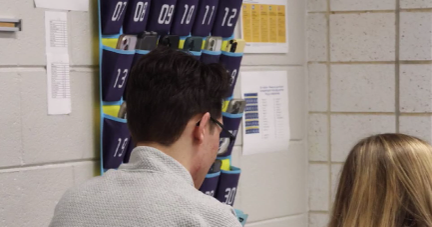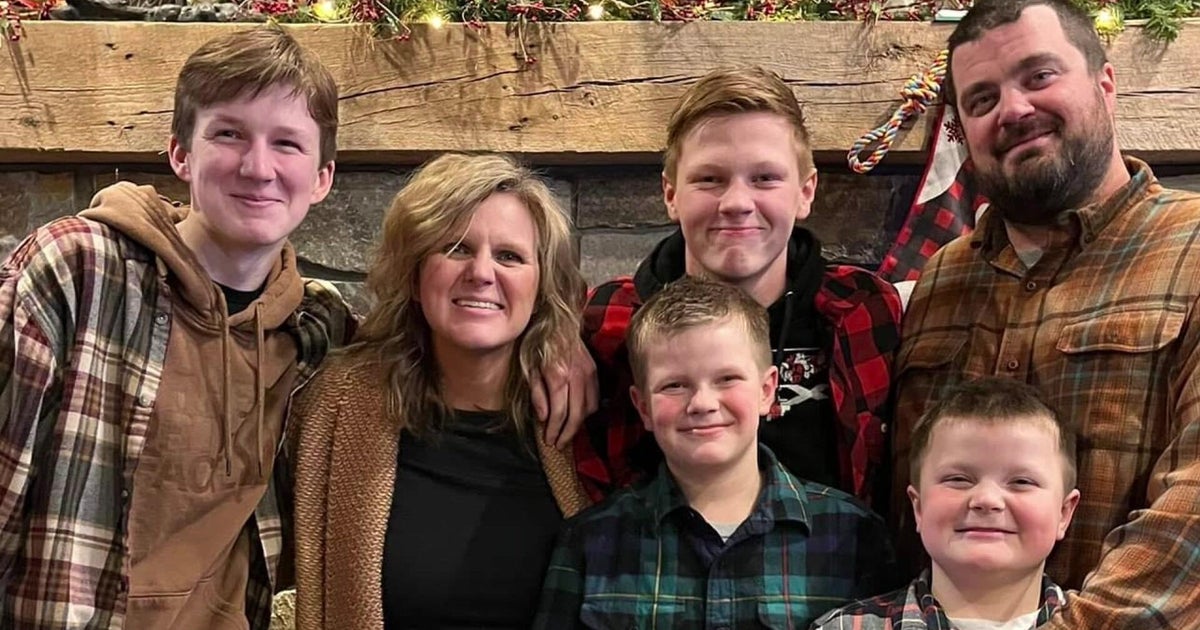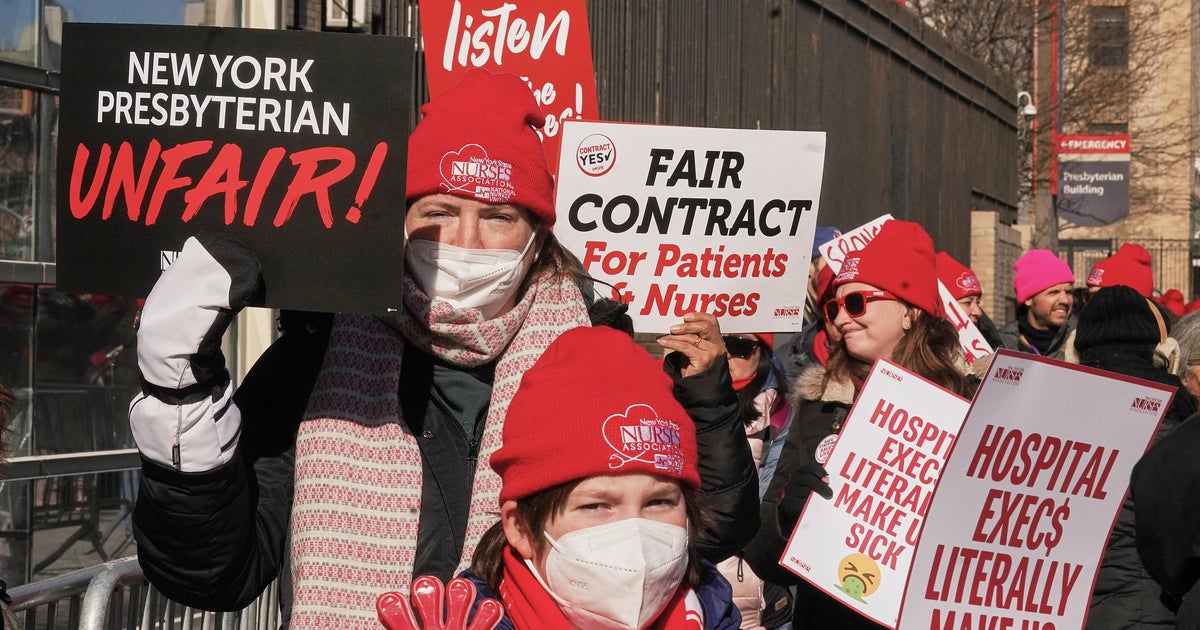Vaccine Helps Body's Immune System Recognize, Kill Cancer Cells
NEW YORK (CBSNewYork) -- There's an exciting development in cancer vaccines.
The vaccines aren't meant to prevent cancer, but instead turn on the immune system to kill cancer that's already there.
CBS2's Dr. Max Gomez says the immune system is what normally protects us from cancer, but cancer cells sometimes learn how to hide from the immune system. They put on the Harry Potter cloak of invisibility, but researchers are learning how to strip that cloak off and turn on the immune system to kill cancer.
"I had the lymph [node] on my neck, which was initially not that big and unnoticeable," lymphoma patient Sergei German said.
That was German's only real symptom, but it turned out to be lymphoma, a cancer of the white blood cells of the immune system. He had a low-grade lymphoma, which sounds like a good thing, but Dr. Joshua Brody, the director of lymphoma immunotherapy at Mount Sinai, says that's not necessarily the case.
"Low-grade lymphomas, ironically, they don't hurt you as quickly, but we don't have a cure for them," Brody said. "So that's really our purpose, is to develop cures for low-grade lymphomas."
To develop a cure, Brody has worked out a way to make a vaccine that will help the body's own immune system recognize the cancer cells and kill them.
"Start to think of cancer as though it were an infection so that it can be eliminated," he said.
German was one of the first patients in a just-published clinical trial. Brody and his colleagues focused on the master cell of the immune system called the dendritic cell. That's the cell that presents the recognizable characteristics of a cancer cell to the killer cells of the immune system, T-cells.
It's a three-part process. First, a drug is injected into a tumor to recruit dendritic cells, then a low dose of radiation releases some of the unique cancer markers so the master cells can display them. Another drug then activates those dendritic cells.
The immune killer cells now know what the cancer cells look like. They travel throughout the body, attacking other tumor sites and causing the tumors to melt away.
"Patients are getting partial and complete remissions, and those remissions are lasting for months and years," Brody said.
This was a small, preliminary trial, so it can't be called a cure. But Brody is already starting a trial combining the vaccine with other immunotherapy drugs, like the one that has kept former president Jimmy Carter alive with metastatic melanoma.
Animal results in the lab have been much more powerful than either approach alone.







